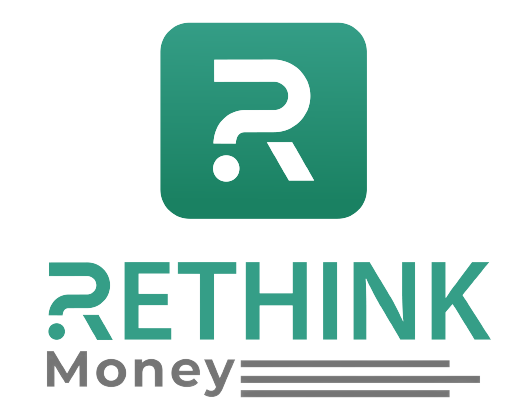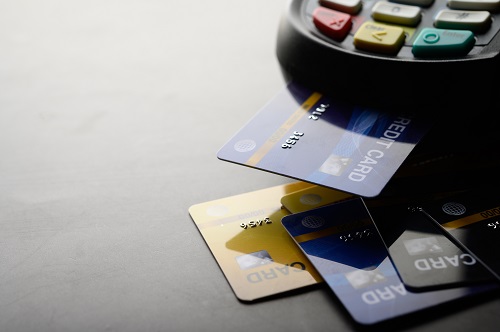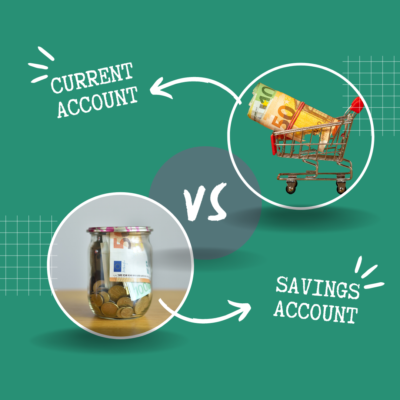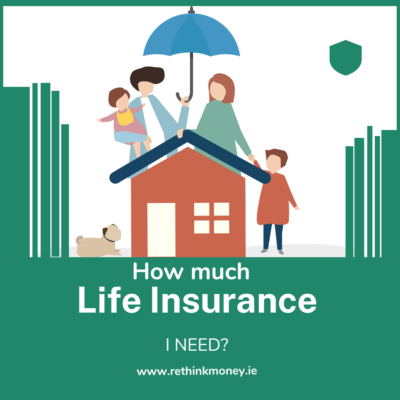Who doesn’t like free money? 😀 Well, nobody really wants it when it comes with a 20% interest rate. Too many people fall for the romantic side of getting access to thousands now and paying it back later. 6 months free credit … Bla Bla Bla!! Debt can be very beneficial to your overall finances, if managed very well. The problem is, most of us aren’t that great with managing our money. So is credit the answer? And if so, how should it be managed?
If you bite the bullet and really want to venture down the credit card path, we know that searching for a credit card can be an overwhelming and confusing experience. A quick search will bring up a selection of credit cards, all claiming to offer you the best deals and promotions. When promotions are tied into debt…be very afraid.
In simple terms, a credit card is a type of loan. A very short-term loan, with BIG interest rates. They can have some benefits, such as buying now and repaying later and building your credit rating if you plan to get a house or loan down the road. However, there might be better options than a credit card if you are already in debt or need help managing your money.
You must understand what you’re applying for before you sign up for a credit card.
What are the benefits of a credit card?
When one uses their credit card responsibly, it can be a valuable and rewarding way to make
purchases.
Credit cards offer a quick and handy way to make large and small purchases. A lot of credit
cards also have additional bonuses, for example–
• Consumer protection
• Cashback
• Spread the cost of large purchases
• Loyalty points
What protections do credit cards offer when making purchases?
The level of protection for credit cards is the same as for debit cards. In addition, purchases made with credit or debit cards are protected by ‘chargeback’. Through chargeback, you can claim a refund through your card provider for purchases that don’t arrive or are damaged/ not as described. This protection applies regardless of whether the retailer is still trading or not. Although offering chargeback is not a legal requirement, it is still worked into the procedures of most credit and debit cards. Both Visa and MasterCard have added chargeback to all of their cards.
What is APRC or APR?
APRC stands for Annual Percentage Rate of Change (or Annual Percentage Rate as it’s also known). Mortgages, loans, and credit cards earn their profit from charging APRC and APR. With the help of APRC/ APR, one can understand what percentage of interest you pay
throughout the year. APR can be between 13% to 23% for credit cards, compared to 3% for your mortgage. Credit card companies charge different rates, so you have to be careful while using your credit card to get the best deal offers.
What is the interest-free period?
The majority of credit cards have an initial interest-free period. This means you can borrow money without incurring any interest charges; however, this only applies if you pay off your card in full each month.
It is best to check the exact details of your interest-free card. For instance, it’ll be good to know the –
• Length of the interest-free period
• Charges for cash withdrawals
• Any other additional fees or charges
• The rate which you will begin with post the end of the interest-free period
Do I have to pay fees on my credit card?
If you own a credit card, there are some fees that you need to pay throughout the year.
These include:
Stamp duty fee: All credit card owners must pay government stamp duty for each credit card they own at the start of April each year.
Over credit limit fee: This is a fee charged for going over your credit limit.
Cash advance fee: This is a charge made every time you withdraw cash.
Late payment fee: You will have to pay this extra charge if you are late in paying the minimum payment.
Unpaid item fee: You pay this if your payment is returned, i.e. if a cheque bounces or a direct debit does not go through.
Foreign exchange fee: This is a charge for every transaction or cash withdrawal not in euros.
What are the downsides of a credit card?
If it isn’t already obvious, there are plenty of downsides to credit cards. Besides all the fees listed above and all the pitfalls, the banks hope you fall in to, the most significant issue people face with credit cards is managing the debt effectively. If not managed well, the interest quickly sets in and makes the repayments harder and harder. The best action is to pay as much of your bill as you can afford each month and get rid of the debt completely.
Our advice
Getting a credit card is not a decision that should be taken lightly, even though there a few good reasons to do so. The long-term effects of opening a credit card account are not always positive. So when considering which credit cards to apply for, do some online research on the alternatives before you sign up and don’t take the first offer you get. And if you do get a card, handle it like your behavior will determine your future.




